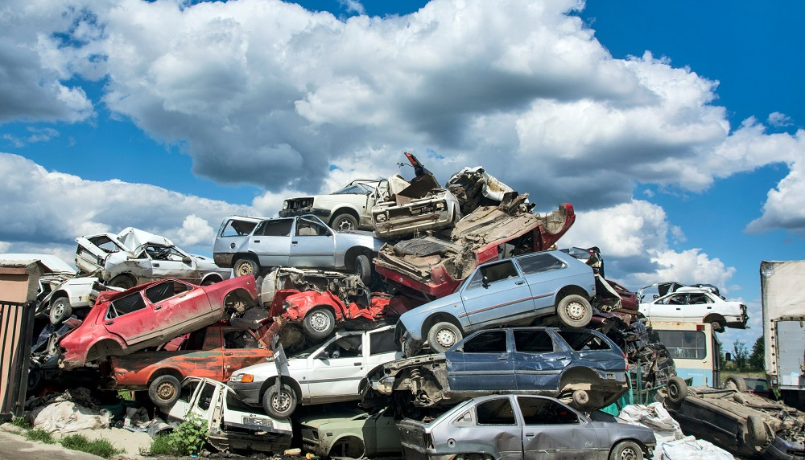Deciding when to dispose of a junk car is not always easy. Many car owners hold onto their vehicles longer than they should, often due to sentimental value or uncertainty about the disposal process. However, keeping a junk car can sometimes cost more in the long run in terms of space, money, and safety. This blog will guide you through several key indicators that it’s time to let go of that old car and how to do it responsibly.
Signs Your Car Needs Disposal
When you have junk vehicles, it is important to know when your vehicle requires maintenance and when it should be sold for disposal. The following signs show that your junk car needs immediate disposal.
- Excessive Repair Costs: If your car is costing more to maintain than its actual worth or the cost of its annual repair is consistently outpacing the cost of a newer, more reliable vehicle, it’s time to consider disposing of it. Frequent visits to the mechanic can be a significant drain on your finances, and at some point, investing in repairs isn’t economically sensible anymore.
- Safety and Reliability Issues: Safety should always be a priority. An old car that frequently breaks down can leave you stranded at inopportune times or, worse, become a safety hazard on the road. If your vehicle no longer feels safe to drive due to its age or mechanical failures — such as brake problems or engine issues — disposing of it becomes necessary to ensure your and others’ safety.
- Lack of Efficiency: Older cars are generally less fuel-efficient than newer models, which not only affects your wallet due to high fuel costs but also impacts the environment negatively. Advances in automotive technology have led to the production of cars that are significantly more efficient and emit fewer pollutants. Upgrading to a more efficient vehicle can save you money in the long run and help reduce your ecological footprint.
- Limited Functionality: As cars age, they may not serve your needs as effectively as they once did. Maybe it lacks the space your family now requires, or perhaps it can’t handle the terrain of your new commute. When your vehicle no longer fits your lifestyle, it’s a clear sign to consider its disposal.
- You Can No Longer Find Spare Parts: An often overlooked aspect of owning an older car is the availability of spare parts. As manufacturers phase out older models, spare parts become rarer and potentially more expensive. If you find it increasingly difficult to source parts, maintaining your car can become a practical burden, prompting disposal.
- When It Becomes an Eyesore: Sometimes, the decision to dispose of a junk car might be as simple as becoming an eyesore in your driveway or community. A rusting, non-functional vehicle can affect the curb appeal of your property, potentially lowering its value. Disposing of such a car can help beautify your space and eliminate a source of blight.
- Attractive Scrap Prices: Metal prices fluctuate, and sometimes, the market conditions may be favorable for scrapping your car. Keeping an eye on scrap metal prices can help you choose a profitable time to dispose of your car. This way, you not only get rid of an unwanted vehicle but also earn some cash in the process.
Conclusion
There are many signs that it might be time to dispose of your junk car. Whether it’s due to high maintenance costs, safety concerns, inefficiency, or simply because it no longer meets your needs, getting rid of an old car can bring several benefits. Once you decide to dispose of your vehicle, consider environmentally responsible options such as selling it to a junkyard, donating it, or recycling parts. Remember, the right time to dispose of your car is when it no longer serves its purpose effectively and its drawbacks outweigh its benefits. Making this decision not only frees up space but can also potentially put some extra money in your pocket, all while contributing to environmental conservation.

